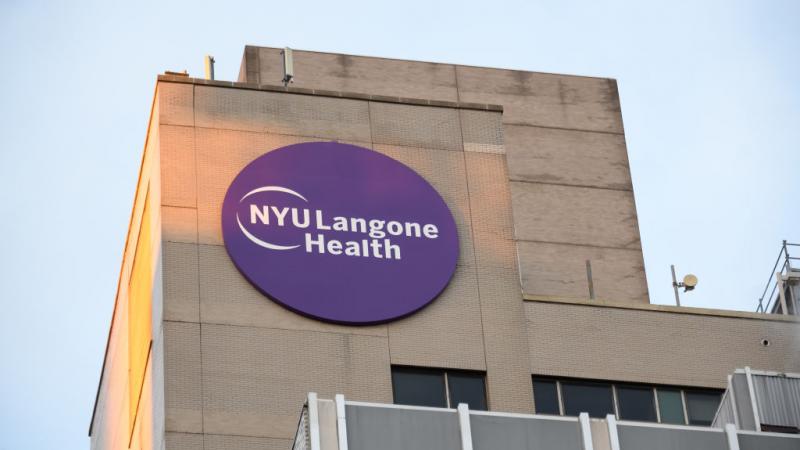Fauci says negative test before leaving quarantine 'under consideration' by CDC
"The CDC is very well aware that there has been some pushback," Fauci said.
White House chief medical advisor Dr. Anthony Fauci said the Centers for Disease Control and Prevention (CDC) is considering adding a negative COVID-19 test requirement to the new five-day quarantine guidelines.
"There was a pretty big backlash this week to the CDC cutting quarantine for those who’ve tested positive without symptoms to five days," ABC's George Stephanopolous said on Sunday during an interview with Fauci.
The latest guidance was notably criticized last week by Trump administration Surgeon General Jerome Adams, who told people not to follow it.
Stephanopoulos asked Fauci: "Why not have a negative test? Why not require a negative test for that extra layer of protection?"
Fauci, head of the National Institute of Allergy and Infectious Diseases, responded that instead of isolating for 10 days, the CDC "cut that down to five days if the person remains asymptomatic so long as when they do go out in the second five days of that 10-day period, back to work or back into society that they diligently wear a mask.
"You're right there has been some concern about why we don't ask people at that five-day period to get tested. That is something that is now under consideration," Fauci told Stephanopoulos. "The CDC is very well aware that there has been some pushback about that. Looking at it again, there may be an option in that, that testing could be a part of that, and I think we're going to be hearing more about that in the next day or so from the CDC."
However, the CDC's guidance directs a person to leave quarantine if he or she is asymptomatic or "symptoms are resolving after 5 days." The organization does not define "resolving."
Adams also attacked the CDC's motive behind the isolation recommendations last week. "If it’s to keep the economy open, own it. But don’t claim science based, yet ignore the most important science," he tweeted.
Fauci said during his interview Sunday that he was concerned omicron needed to be controlled "enough that it doesn't disrupt our society, our economy, our way of life."
He also described the 400,000 average daily cases as being "almost a vertical increase," but he hopes that cases will follow the trend of those in South Africa, "where they had a major surge, but, as quickly as the surge went up, it turned around."
Last week, the United States broke the highest single-day record for COVID-19 infections several times, topping out at more than 585,000 cases on Thursday, according to The New York Times case count.
















